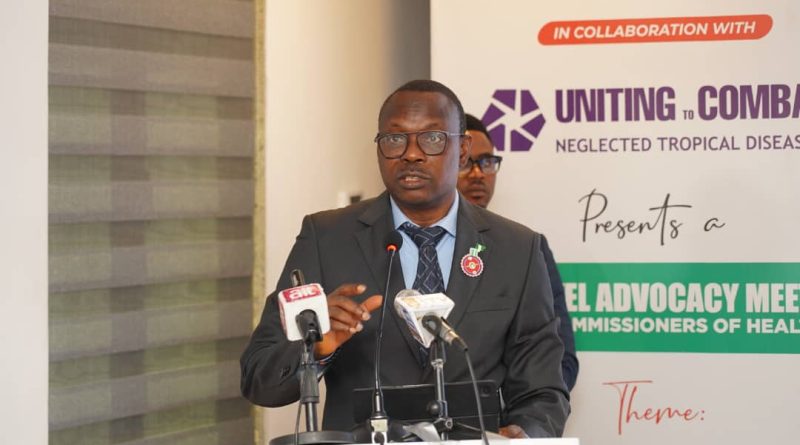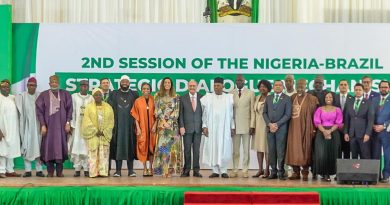FG Wants Health Commissioners of 36 States, FCT to Prioritize Budgetary Provision to Address the Challenge of Neglected Tropical Diseases
The Federal Government of Nigeria has charged the Health Commissioners of 36 States and Federal Capital territory to prioritize their budgetary provisions to address the challenge of Neglected Tropical Diseases (NTDs). Neglected Tropical Diseases (NTDs) fall into the categories of communicable and non-communicable diseases mostly prevalent in children and women and largely associated with poverty, poor sanitation, unsafe water supply, and substandard housing conditions. Globally, over one billion (12.5%) people are affected with NTDs across 149 countries (76%) with Africa bearing about half of the global burden and Nigeria accounting for about 25% of the cases in the continent. Nigeria has more than 200 million people at the risk of one NTDs or the other and 165 million people needing preventive chemotherapy for at least one NTD.
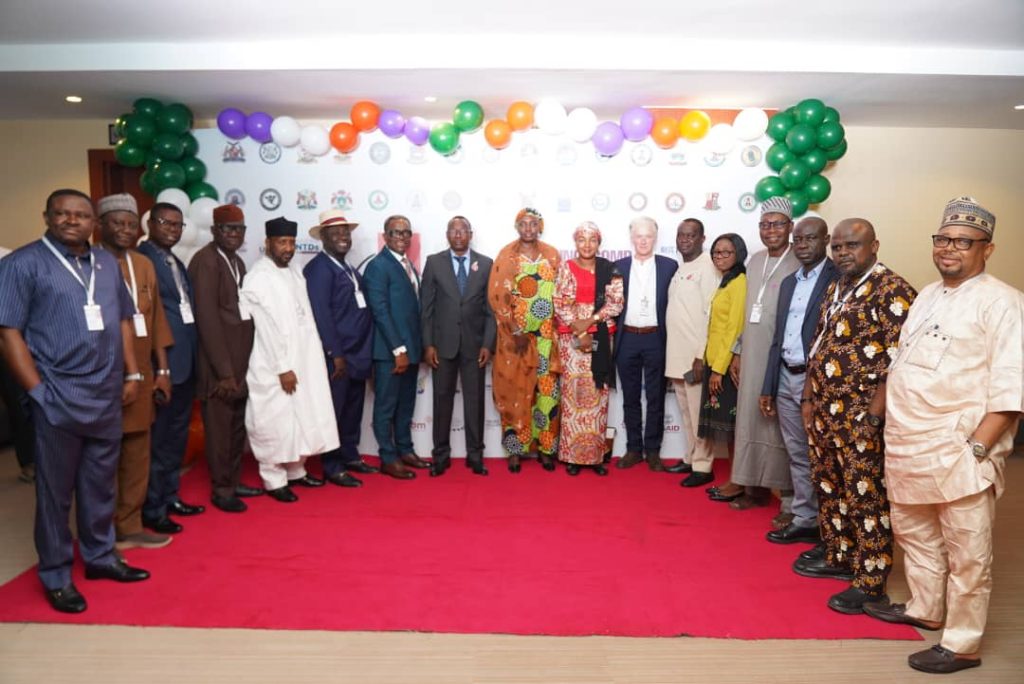
This admonition was given by Dr. Iziaq Adekunle Salako, Minister of State for Health and Social Welfare at the high-level advocacy meeting with Commissioners for Health from the 36 States and Federal Capital Territory on coordinating donor funded NTDs interventions which was held on Wednesday 28th November, 2024 in Abuja.
“The London declaration of 2013 which was followed by the Kigali Declaration of 2019 for the African continent committed Nigeria to work with other countries of the world to eliminate NTDs. This declaration focuses on eight (8) points agenda which includes government commitment cum accountability, integration of NTDs with other services and resource mobilization which are at the core of today’s dialogue In addition to these declarations, the World Health Organization has also produced an NTDs road map 2021 – 2030 as an ambitious blueprint for the elimination of NTDs globally.
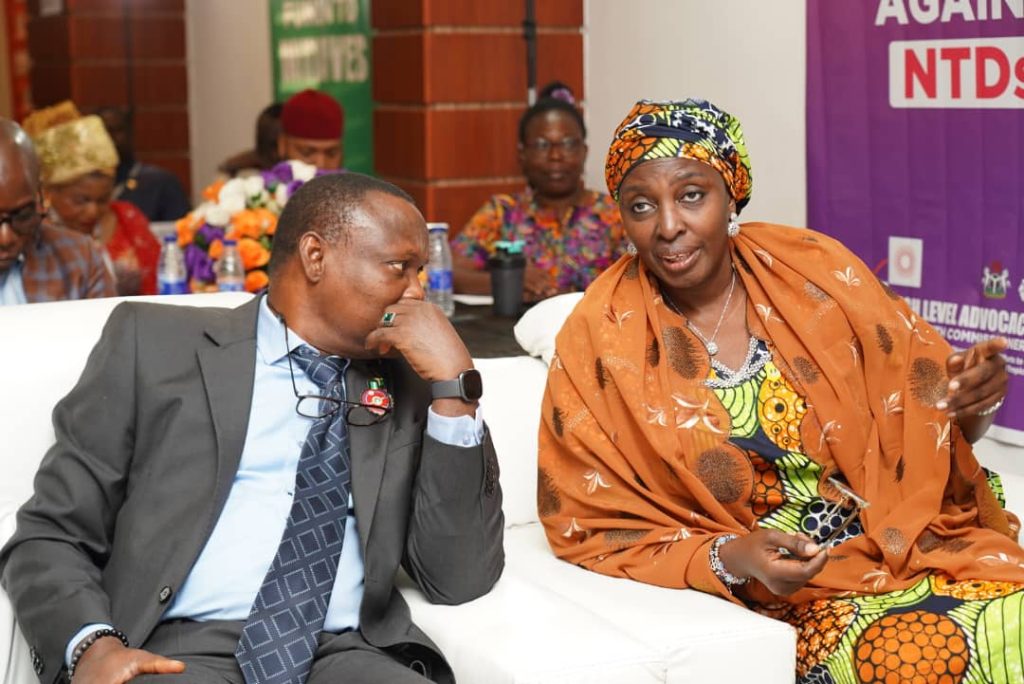
“The roll out of the ten years NTDs road map for 2021-2030 by the WHO sets ambitious targets and innovative approaches to tackle NTDs and provides a blueprint for global elimination. The plan promotes an integrated approach to deliver programmes with emphasis on three significant pathways: moving from process to impact measuring for accountability, putting in place effective multi-sectoral integrative approach across NTDs and promoting country ownership cum political commitment for sustainability. I am proud to announce that Nigeria is one the few endemic countries that have developed and reviewed its NTD Masterplan 2023 – 2027 which was launched in January 2023 and is being used as an advocacy tool by all stakeholders towards the attainment of the 2030 target.
“The movement to end NTDs and indeed other diseases of public health importance has over the years been defined by partnerships and collaboration between private and public sectors, donor countries, multilateral organizations, UN bodies, private philanthropies, research institutions and civil society organizations with a compelling need for coordination. Uniting to Combat NTDs, a global advocacy organization working within the NTDs elimination space offers NTDs endemic countries like ours a good platform to deepen partnerships and improve coordination for us to collectively address the NTD crisis.
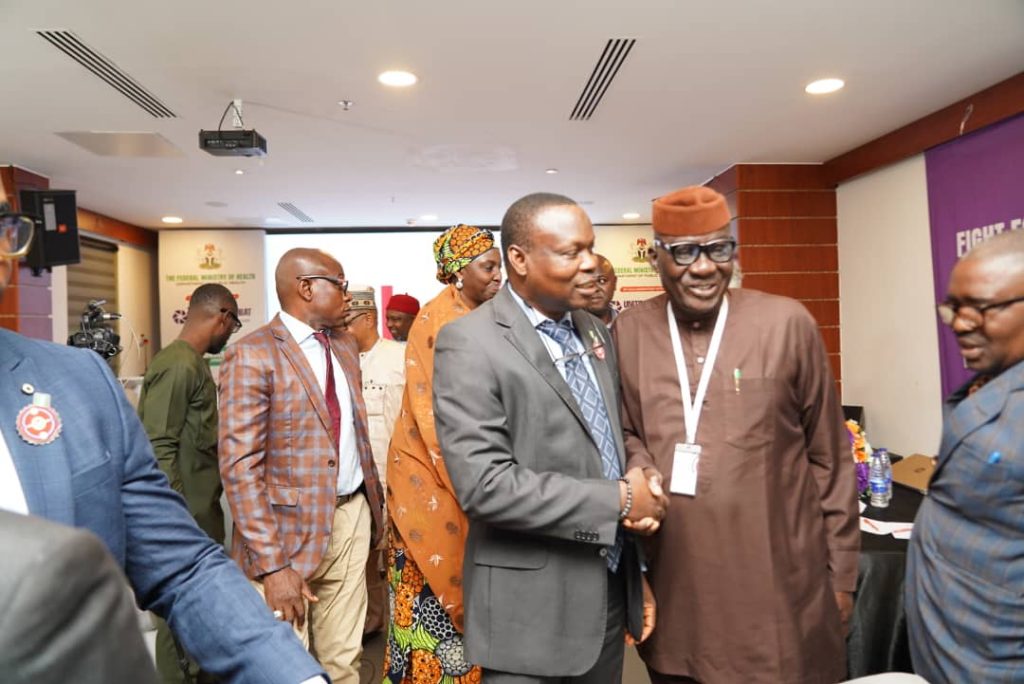
“I must therefore appreciate Uniting to Combat NTDs for supporting todays event which is expected facilitate high-level strategic consultations on effective ways of supporting increased coordination, improving domestic resource mobilization (including into the Reaching the Last Mile Fund), better policy coherence and enhanced logistics for the distribution of drugs and other consumables at the subnational levels. Let me call on all of you our commissioners to take full advantage of this dialogue and go back home with a resolve to prioritize budgetary provision to address the challenge of NTDs in your respective states. I assure you that the Federal Ministry of Health will continue to support and collaborate with you in this endeavour”, Salako said.
He noted that , over the years, there have been notable global, continental and country level efforts aimed at controlling and eliminating these diseases with some modest progress made. He said 51 countries have so far eliminated at least 1 of the 21 NTDs and that Nigeria continue to support efforts to engage with other disease endemic countries, key stakeholders and partners in consonance with the WHO road map.
He said some progress has been made by Nigeria over the time.
They include:
a. Eradication of Guinea Worm in 2013
b. Weaning of 35 million people of ivermectin treatment in 10 transmission zones (States) in the country
c. Elimination of Onchocerciasis in 2 States (Plateau, Nasarawa) and interruption of transmission in additional 8 States (Kaduna, Kebbi, Zamfara, Delta, Imo, Abia, Enugu, Anambra)
d. About 39.5million people across 20 States and FCT no longer require Lymphatic Filariasis treatment
e. We have achieved a reduction prevalence in at-risk population of trachoma infection by 84%
f. 3.5 million persons in 109 endemic LG across 17 states are no longer in need of Mass Drug Administration.
Despite these modest achievements, Salako said NTDs is still not in the front burner of Nigeria healthcare agenda.
“With the heightened attention to poverty eradication under the Renewed Hope Agenda, it is expected that NTDs and Nigerians afflicted by the disease will received better attention. The Nigeria’s Health Sector Renewal Investment Initiative, the health compact that we all jointly entered into and the Sector-Wide Approach to addressing health challenges in our country offers us a robust template to continue to collaborate and engage the chief executives of our different states for enhanced funding. Also, the decisive step of President Bola Ahmed Tinubu through the Unlock Healthcare Value Chain offers the opportunity to access needed pharmaceuticals and key medical consumables by ramping up local manufacturing. It is my hope that we will continue to work together, mobilize across all of society to eliminate NTDs from our country”, the Minister said.
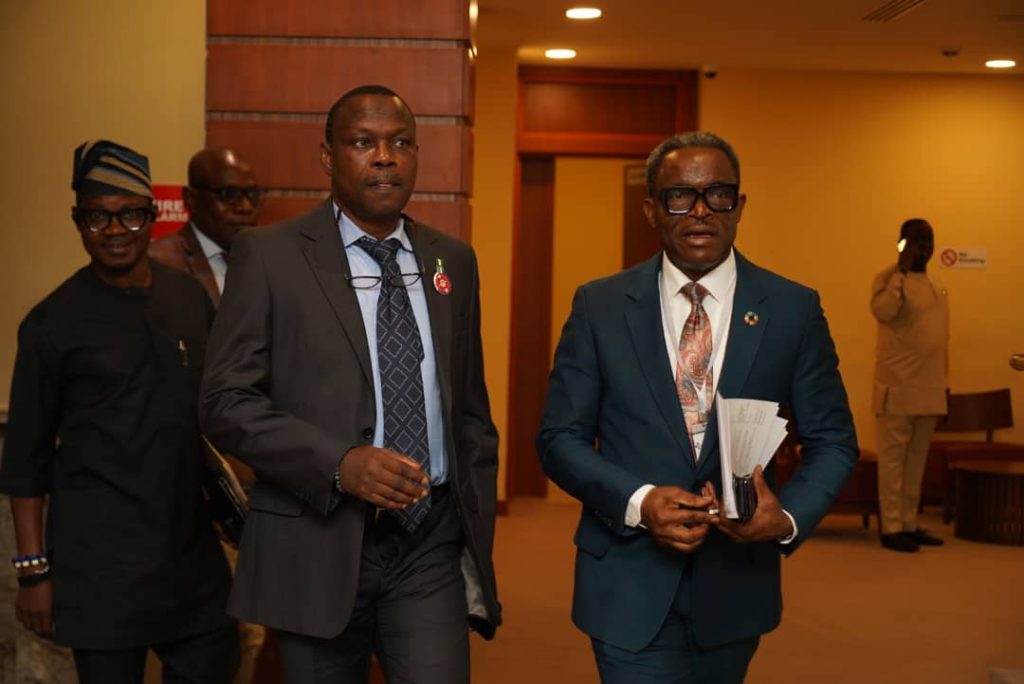
He said the control and elimination of NTDs in Nigeria remains an important element in the drive towards attainment of the Universal Health Coverage by 2030, the achievement of SDG 3 as well as the eradication of poverty. He called on all Honourable Commissioners to ensure the creation of budget lines for NTDs in their ministry’s budget to mobilize the needed domestic funding and also integrate NTDs elimination activities with other disease entities to leverage the economies of scale.

